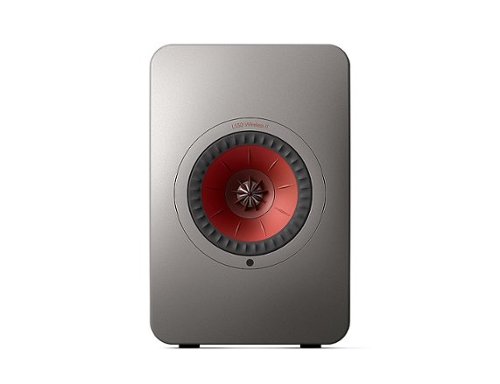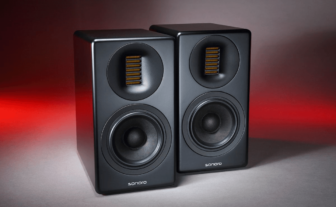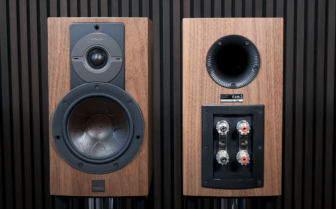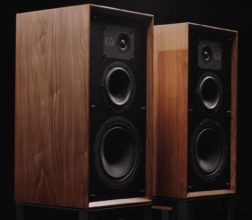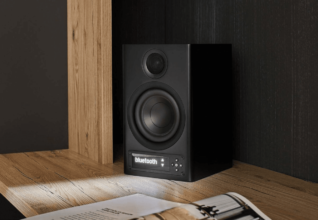KEF LS50 Wireless II Review: Worth It?
KEF has further improved its bestseller in every respect, indeed almost perfected it.
With the LS50, KEF scored an outright hit in the high-fidelity charts. The Wireless II is nothing less than the best possible active implementation of the legendary point-source technology, including astonishing innovations.
by Tom Frantzen
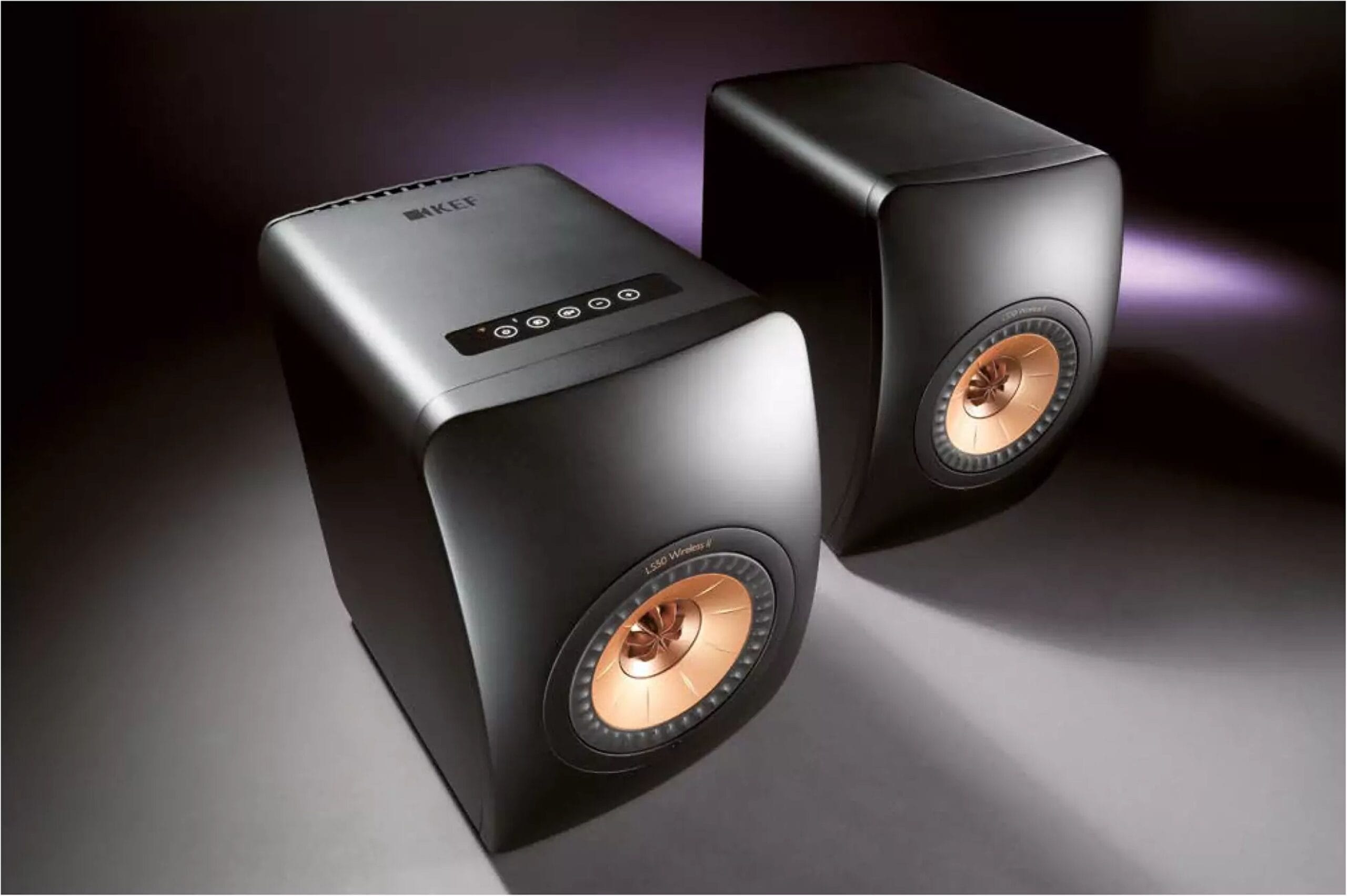
I admit, I’ve always been fascinated by KEF’s Uni-Q coaxial driver, as it allows for enormous precision in terms of imaging and timing due to its spatial-temporal coherence. In the Uni-Q, which has been further improved over several product and developer generations, the tweeter dome sits in the middle of a midwoofer.
The entire sound emission center lies—unlike conventional multi-way speakers—on the same plane, even at the same point. Extensive research has always been conducted in all details, such as geometry, material, and drive, and the achieved coherence of music reproduction is enormous, which runs like a red thread through the entire portfolio of the traditional manufacturer from Maidstone, UK.
Perhaps only once did this coherence stray a little from focus, namely around the turn of the millennium when an additional super tweeter was supposed to provide extra brilliance—which, however, no one had missed.
That was many, many years ago and was corrected in the subsequent generation; the purist yet outstanding point-source concept is brilliant without such embellishments.
Fortunately, a friend owns the first, already excellently successful version of the LS50 Wireless, so a comparison with the successor presented here was no problem—at least apart from the unfortunately still highly topical pandemic restrictions at the time of testing.
Top Industrial Design
The Wireless II immediately reminds one visually of the top Blade models in the KEF lineup, or rather, the prime cut within it. Responsible for this is, not least, the extremely low-resonance cabinet in a kind of matte “stealth” finish, which is available in various color variants. As with the model change from the passive LS50 to the LS50 Meta, the Brits implanted a Uni-Q of the latest reincarnation and thus a further optimized version with better decoupling and new drive unit.
Recently, the KEF engineers have been particularly eager to outsmart the cabinet volume with physical tricks and tease out more deep bass capabilities with unchanged volume. Think of the ACE technology with activated carbon, whose porosity led to enormous material surface area and labyrinthine geometry, thus enabling actually a few Hertz “more” in the lower frequencies, which the DSP can actively handle. Now, the developers from Maidstone are dedicating themselves to a new material that is supposed to absorb or “disperse” up to 90 percent of the more or less useless or even sound-damaging rear-emitted energy of the Uni-Q “Meta”.
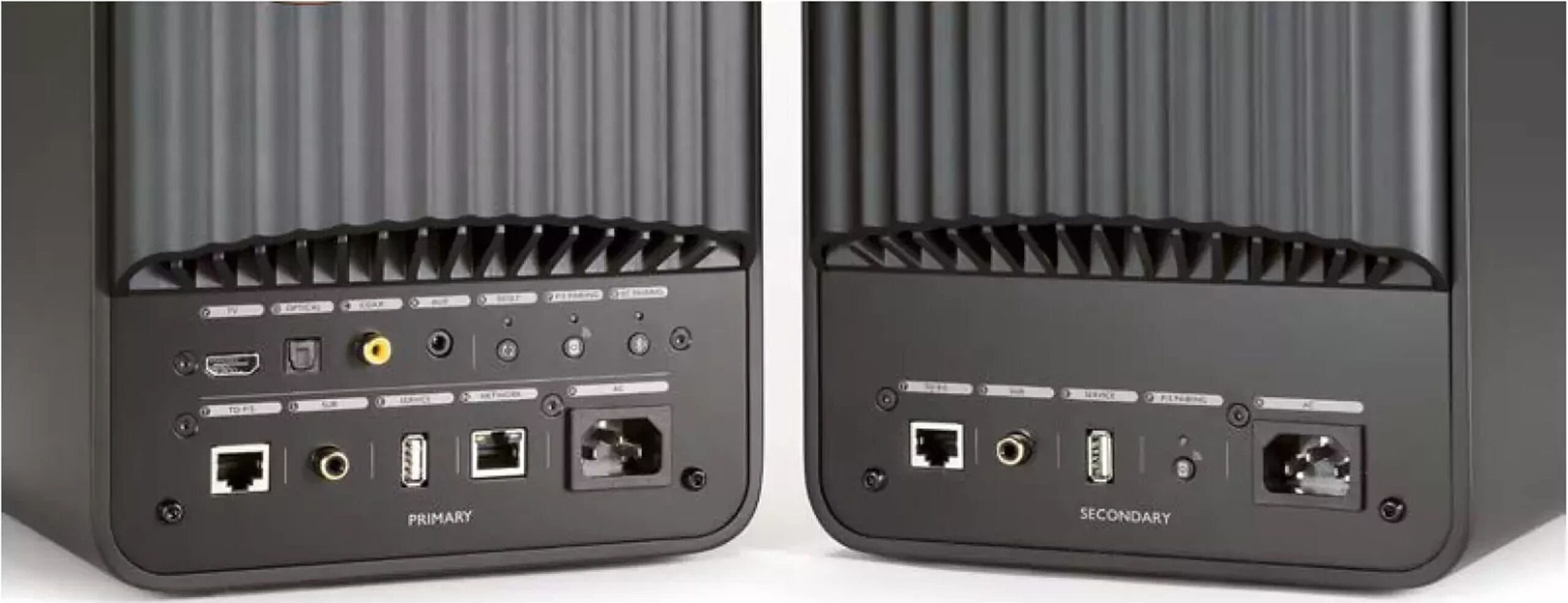
“Master” and “Slave” are easily recognizable; the rear views are characterized by heat sinks and bass reflex ports.

REMOTE: The rudimentary, visually appealing remote control is quite useful but becomes somewhat obsolete due to the app.
Basically, this is no longer just a loudspeaker; the new KEF LS50 Wireless II is more of a complete system including transducers and equipped with all facets. Those who are satisfied with Bluetooth (admittedly with high aptX quality) need only two power cables. Actually, nothing more, at least theoretically.
Of course, in practice, much more is possible; the system is decidedly audiophile. Not only the ultra-stable, approximately ten-kilogram heavy cabinet with the legendary driver and rear bass reflex support, but also the interior with digital signal processor (DSP) and a very powerful amplifier unit, significantly reinforced compared to its predecessor and piggybacked inside, can be seen and heard. Thus, the midwoofer can now rely on a Class D power stage of 280 watts, while the tweeter can draw on a classic, even more refined Class AB amplifier circuit with 100 watts of power for itself alone. That’s 300 watts more in total!
In my opinion, one cannot praise the supposedly “non-essential” HDMI connection enough, which takes the reality in German living rooms seriously. The rudimentary setup and operation are effortless on the right speaker or via remote control. The “Master”, that is, the aforementioned right and system-controlling speaker, differs at first glance hardly from the “Slave”; only the top-mounted control panel and a few more connections give it away.

The control panel on top of the right (Master) speaker is exemplary simple to handle.
A cable connection between the speakers is only required if the quality exceeds 24-bit/192 kilohertz (DSD256 is also possible) and the rate is to be increased up to 384 kilohertz. So, if you ask me, rather in exceptional cases. Because “Wireless” has its charm, especially in upscale living environments.
Of course, Tidal and Apple Music are also supported; LAN/WLAN, AirPlay, and even MQA are offered. Setting up the system for all-round operation in the home network is enticingly simple, quite in contrast to the fabulous features it offers. The included “Quickstart Guide” actually only contains a few pictograms and the hint to download the “KEF CONNECT” app from the App Store or via Google Play.
Brilliantly Simple
The future-proof Google Chromecast is built-in; even Roon is on board. You really only need a few clicks, and the subscribed streaming services—in our household, that’s Amazon Music Unlimited HD (the idiotic, customer-unfriendly petty war between the big providers Amazon and Google apparently came to an end), Qobuz, and Spotify Family—can start immediately; even accessing the music treasures stored on the NAS succeeds in a snap.
The Uni-Q driver, now in its twelfth generation, lives up to its reputation. It performs even better in the revised active environment. The new amplifier drive apparently gave it more “lung capacity”, which immediately pays off in spaciousness and confident pressure, even at maximum levels, which can now be a bit higher.
WHAT WE LISTENED TO
Paul McCartney: McCartney III
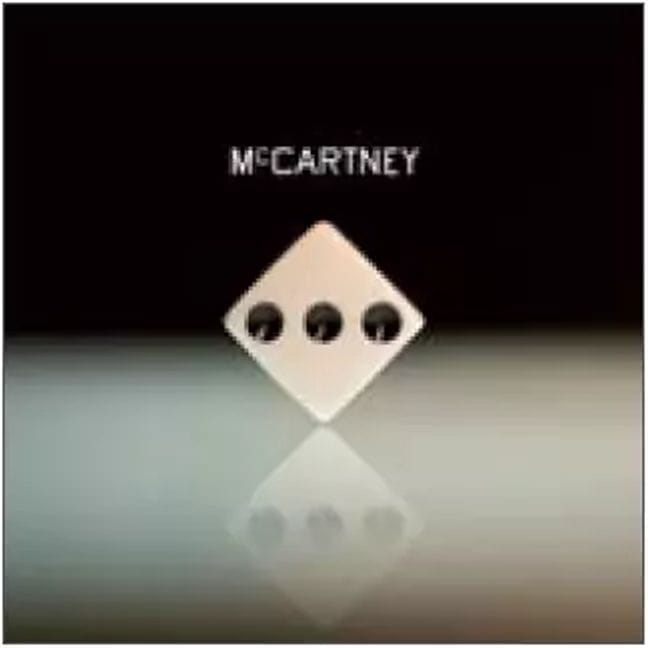
The ex-Beatle, presumably the (most successful) richest musician of all time, can still do it even at over 70. His current solo album impressively shows this. Even if his voice is no longer quite the same, the harmonies and moreover the stylistic diversity of the old master continue to convince; additionally, he played all the instruments himself here.
TESTED EQUIPMENT
CD Player: Lua Appassionato Mk III GS NOS
Active Speakers: KEF LS50 Wireless, Nubert X-3000 RC
Cables: Supra Cables
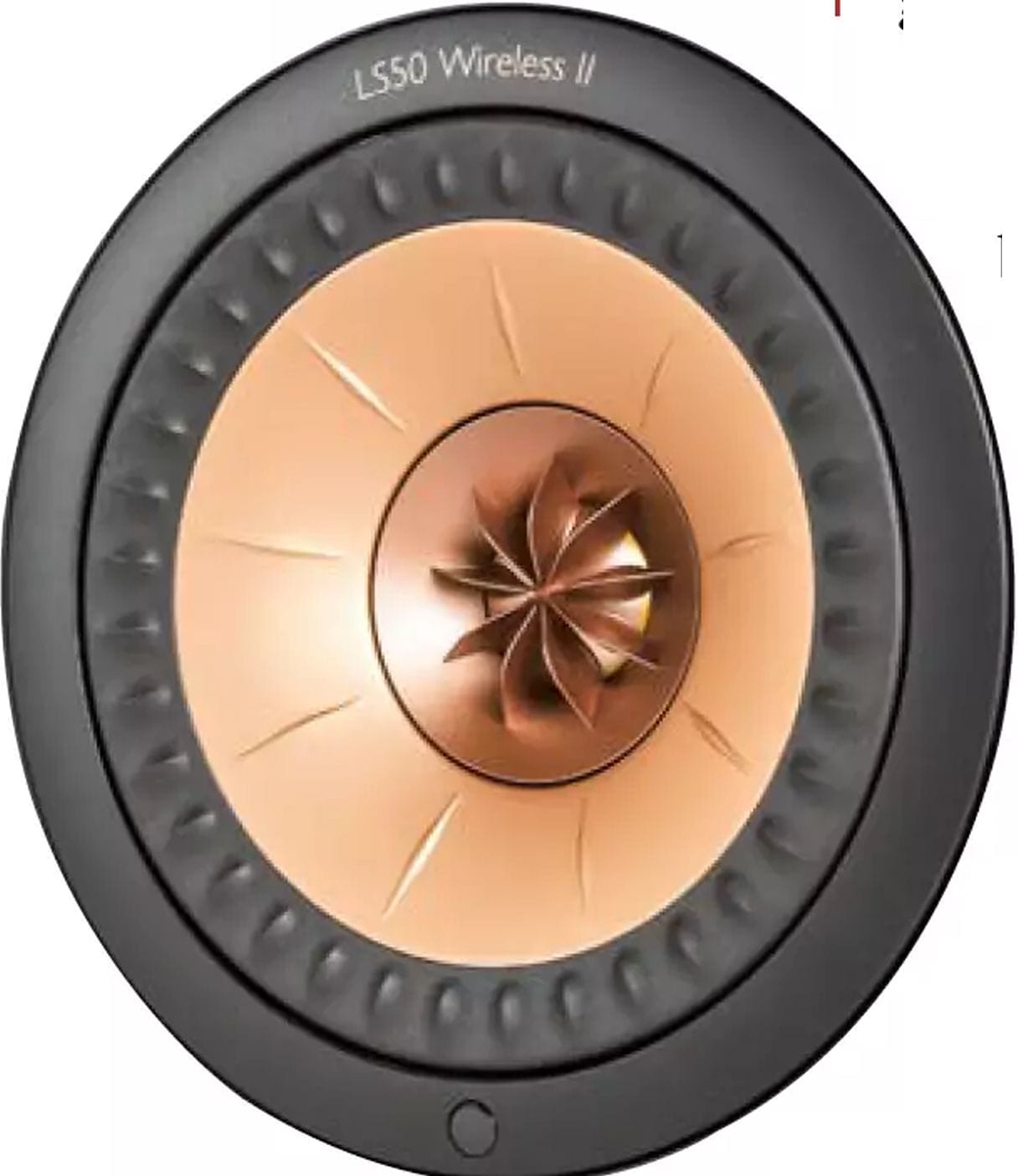
UNI-Q DRIVER: In the new Meta driver, cone neck and drive have been optimized; additionally, 90 percent of unwanted rear sound components are dispersed and eliminated.
Listening to a choral recording of Joseph Haydn’s “Missa Sanctae Caeciliae” from Aachen Cathedral in 1977, which I know better than any other piece of music since I could sing it from the sheet, even from memory back then, sends shivers down my spine. Because as an eleven-year-old, I was there live in this record recording as a second soprano.
Depth gradation and attention to detail are exemplary with this coaxial driver. The size of the octagon space is also captured very plastically, as are the accurate entries of the boy voices of the Aachen Cathedral Choir. I feel as if I’m transported back more than four decades in time and can actually still remember the score by heart, but of course can no longer sing along in the second soprano. The oldest boys’ choir in the world will thank me for that.
Nevertheless, I am completely overwhelmed by the intonation through these speakers. But also entertainment music like McCartney’s solo album “III” or “Once Upon A Time” by the disco queen Donna Summer, who was climbing the charts again (posthumously) at the time of the test, is more than adequately handled by the KEF. It’s simply fun!
A Feast for the Ears
Rich, detailed, with lively playfulness and dynamic, extremely smooth flow, yet always balanced, without artificial effects, the second-generation active LS50 literally picks up the listener and makes the ears downright addicted. Absolutely fantastic!
Yes, in direct comparison to other excellent and larger active speakers, despite all the airiness and assertiveness, a hint of brilliance or deep bass may sometimes be missing; that’s due to physics. But the “in-between” is of such exquisite, effortless naturalness, authenticity, and persuasiveness that one once again involuntarily glances at one’s own bank account.
Maybe an active larger sister with 20 cm or 25 cm coax is coming?
For this sound and the built-in possibilities, a price of around $ per pair—which, as mentioned above, requires no additional equipment like a preamp, etc., but can connect any existing source—is not really a lot of money. This optical gem and acoustic masterpiece is worth more than a sin. Strong recommendation!
KEF LS50 Wireless II Specs
Colors: Carbon Black, Titanium Grey, Mineral White, Crimson Red
Dimensions: 20x31x31 cm (W x H x D)
Warranty: 2 years
Contact: GP Acoustics
www.gpaeu.com
With the “II”, KEF shows how to optimize a very good product. Design, operation, features, and sound are practically perfect and outstanding for the price. Top recommendation!
Measurements
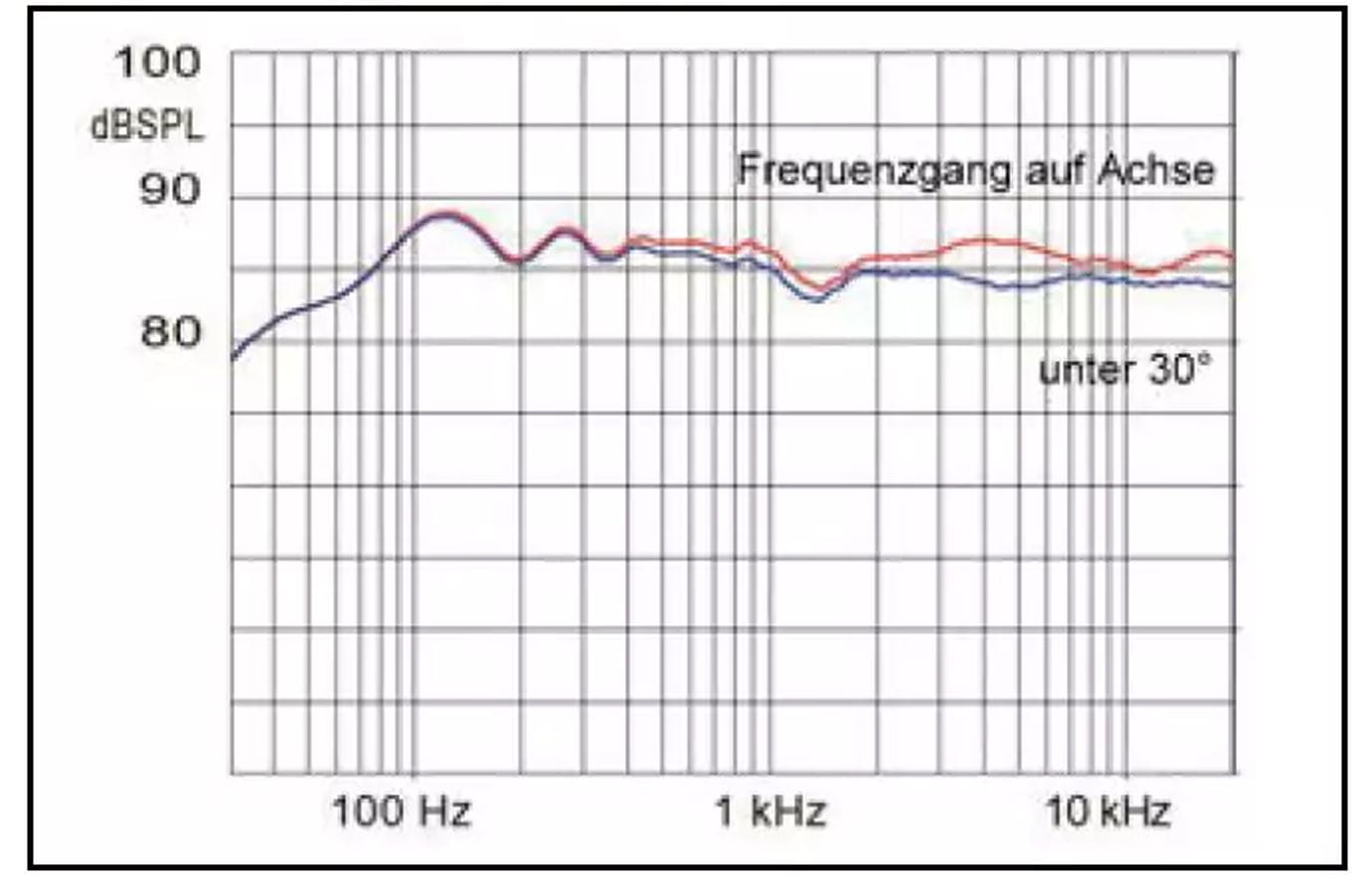
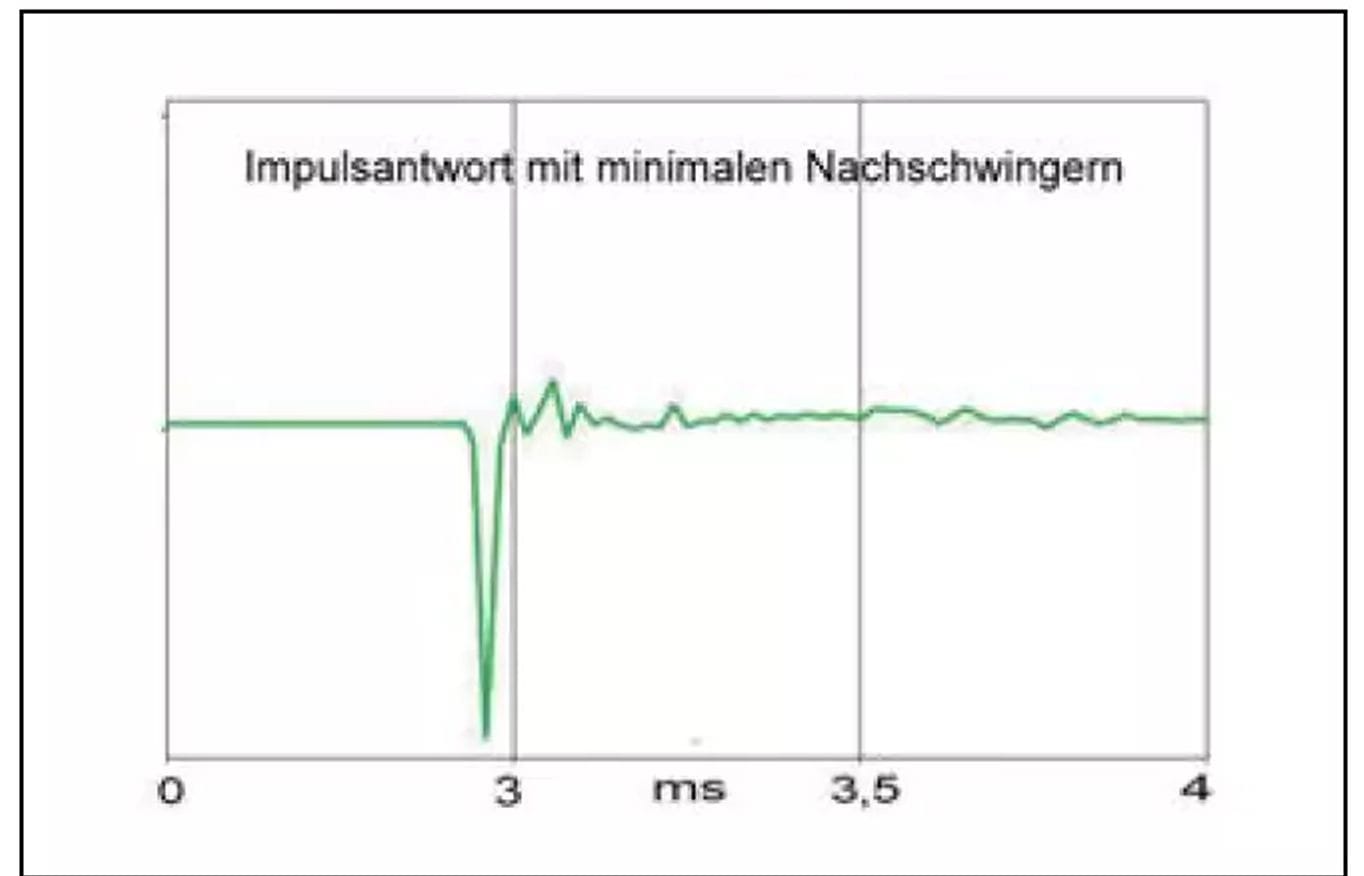
Lab Commentary
- The amplitude frequency response (which can, of course, be adjusted via DSP for room correction) is inherently very balanced, with only a slight emphasis on bass.
- Very good timing (impulse response) and low distortion.
Technical Specifications
- Lower Cutoff Frequency (-3dBSPL): 47 Hz
- Harmonic Distortion at 63Hz / 3kHz / 10kHz: 1.4% / 0.03% / 0.1%
- Power Consumption (Standby/Idle at 225V): <0.1 W / 22 W
Features
- Remote control, app support
- All streaming services from Apple to Tidal
- Roon-ready, AirPlay, PCM up to 192 kHz wireless (384 kHz with cable), DSD256
- Chromecast, digital/analog inputs
- HDMI, Bluetooth, LAN/WLAN, Sub Out
- USB port is for service only
SOUND LEVEL 7/10
VALUE FOR MONEY 10/10
OUTSTANDING
When you purchase through links on our site, I may earn an affiliate commission. Here’s how it works.

